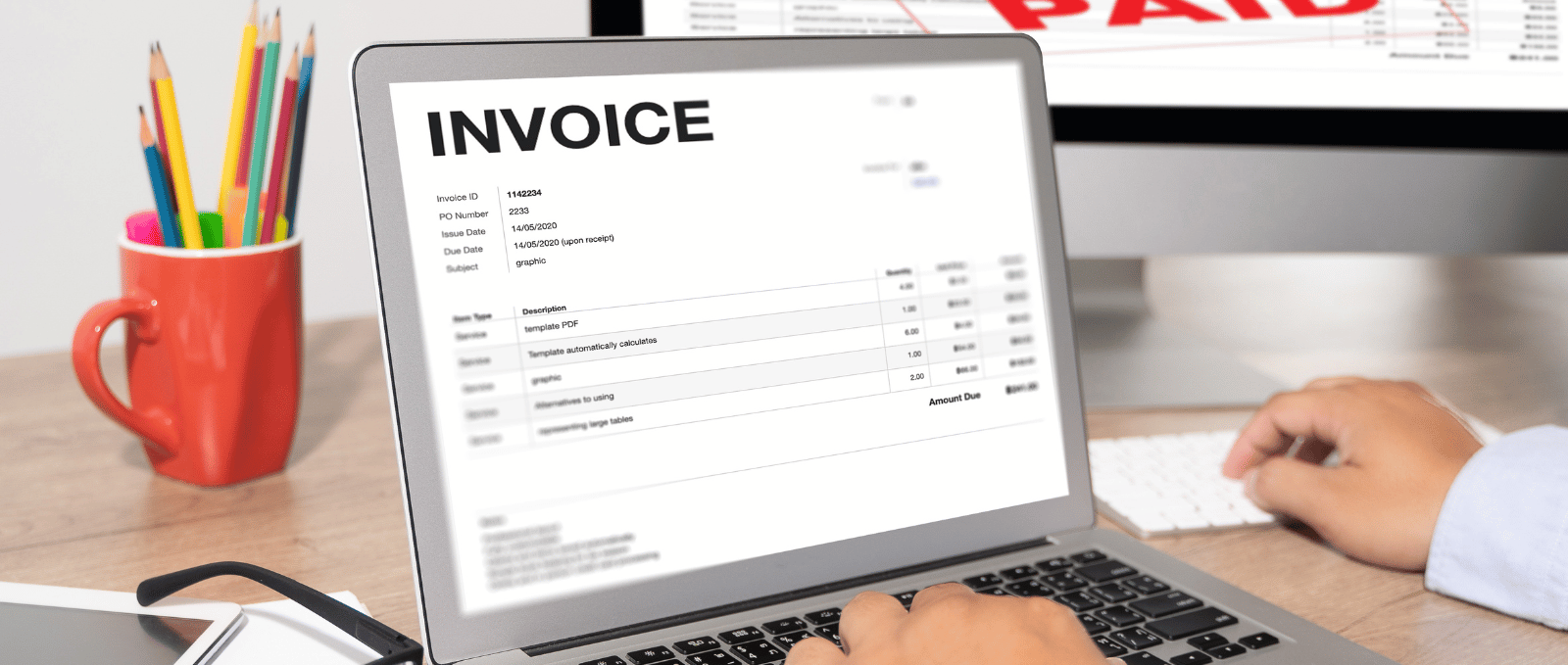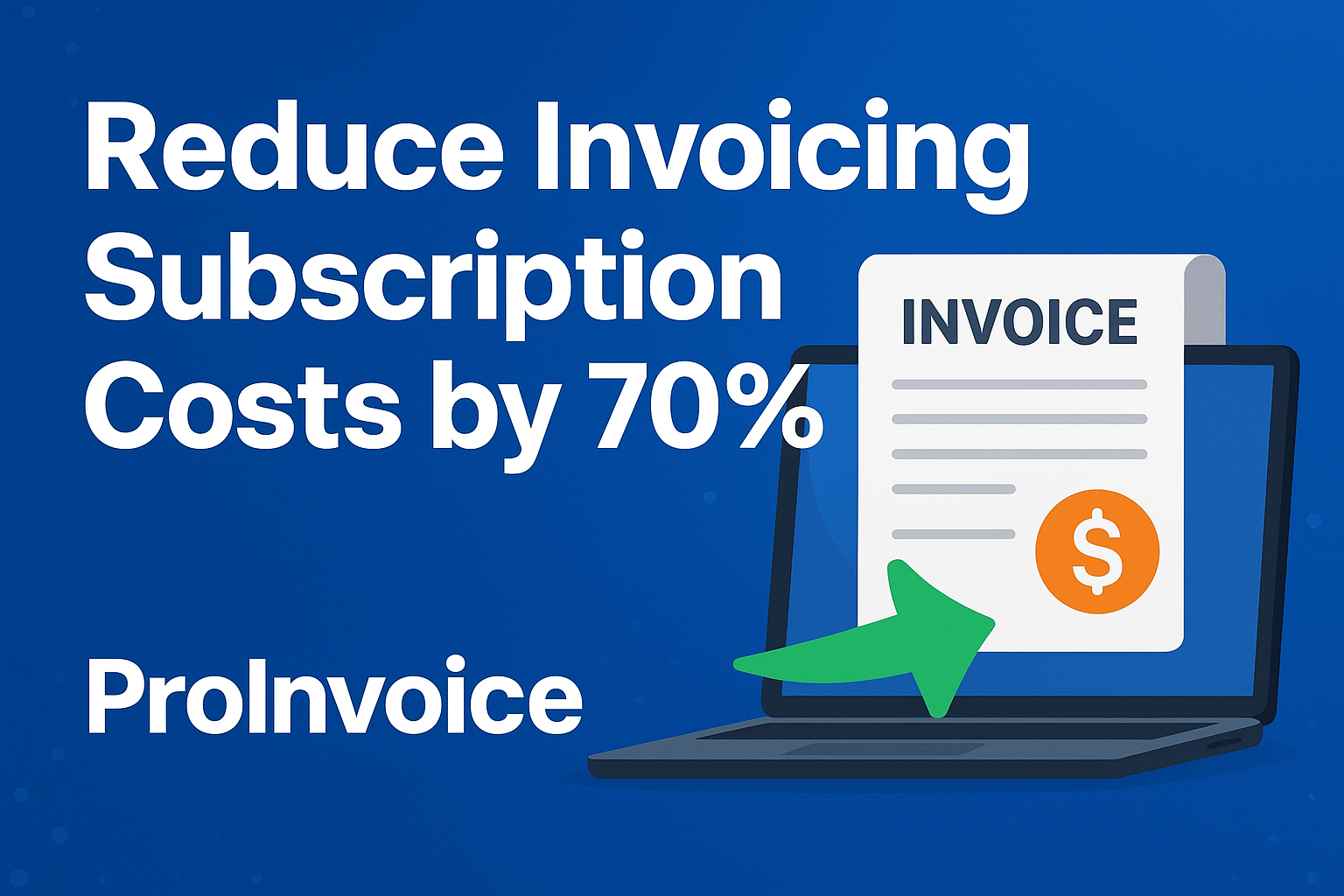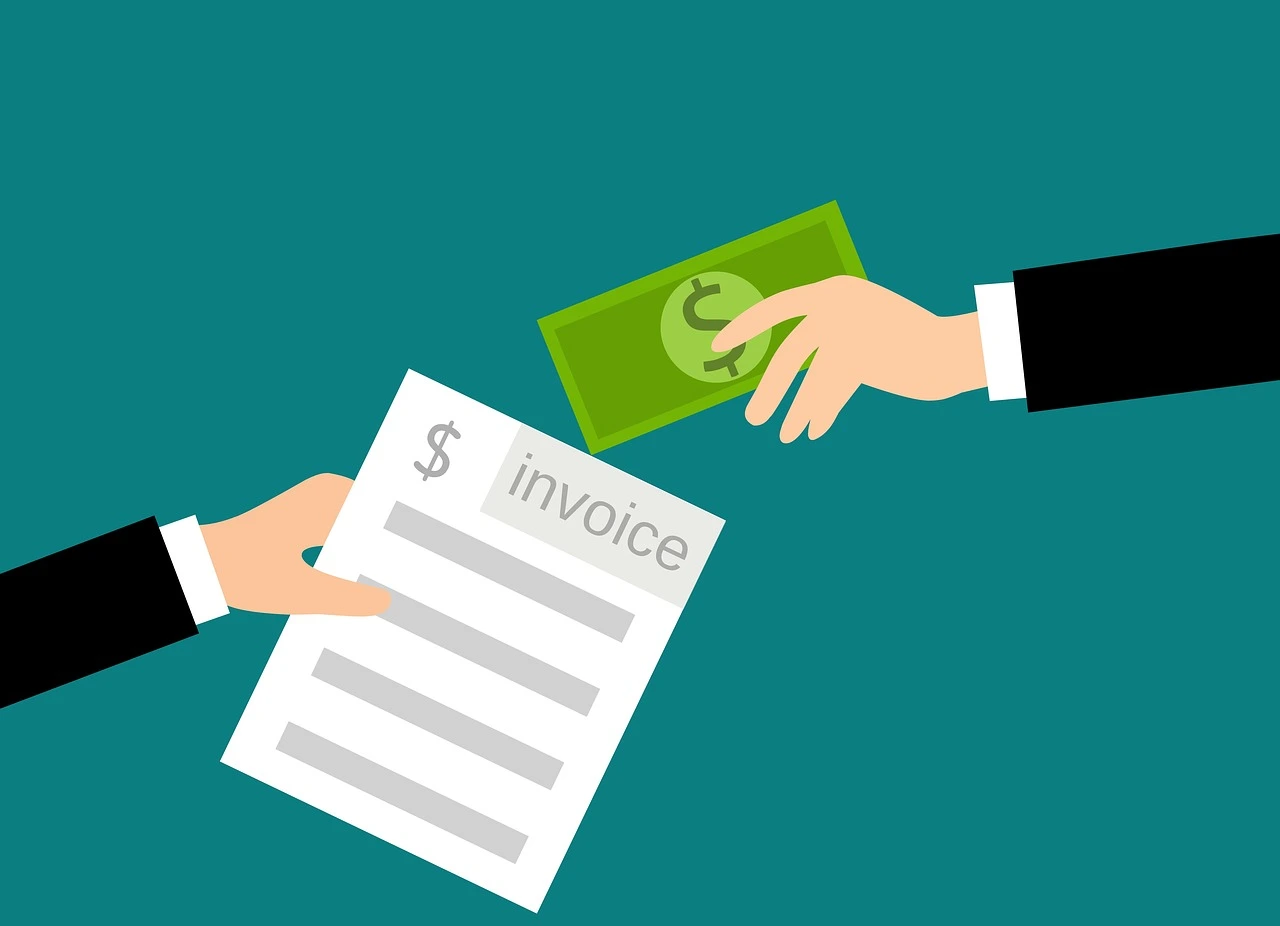Mini Importation Business in Nigeria: Guide to Starting Small and Making a Profit Big : Mini importation has become one of the most accessible and profitable small business ventures in Nigeria. With as little as ₦20,000–₦50,000, many Nigerians are now importing goods from China, the UK, or the US and reselling them for 2x to 5x profit.
Thanks to eCommerce, international marketplaces, and local logistics companies, you don’t need a big warehouse or a logistics background to succeed. You only need the right product, supplier, and strategy.
Stay organized as you grow. Use ProInvoice to manage billing and client relationships with ease.
However, as you grow your importation business, remember that professionalism builds trust. Whether you’re invoicing customers, vendors, or corporate clients, tools like ProInvoice help you issue clean, branded invoices that get you paid faster and with more credibility.
This article is your 2025 guide to starting and growing a profitable mini importation business in Nigeria.
1. What is Mini Importation?
Mini importation is the process of importing small quantities of products from foreign countries—often at a discounted price—and reselling them locally at a profit.
It’s a low-risk form of eCommerce and doesn’t require:
- Physical stores
- Large warehouses
- Huge capital or logistics chains
You buy small stock, sell fast, reinvest, and scale gradually.
2. Why Mini Importation is Booming in Nigeria
Mini importation is not a new trend, but it has become more popular due to:
- Affordable international shipping from China and the US
- Online payment solutions like Paystack, Flutterwave, and virtual dollar cards
- Reliable delivery services like GIG, DHL, and Kwik
- The power of social media marketing (WhatsApp, TikTok, Instagram)
With the rise of remote work and digital commerce, mini importation is a gateway for students, stay-at-home moms, and young entrepreneurs to build sustainable income from home.
Stay organized as you grow. Use ProInvoice to manage billing and client relationships with ease.
3. How Mini Importation Works
The basic process looks like this:
- Research hot-selling products
- Find reliable suppliers (e.g., 1688, Alibaba, AliExpress)
- Order and ship your goods to Nigeria
- Market and sell online
- Deliver and collect payments or use pay-on-delivery options
To grow, you must track your profit, customer orders, and payment records professionally using tools like ProInvoice.
4. Best Platforms to Buy Goods for Mini Importation
a. 1688.com
- Ideal for bulk buying at China’s local prices
- Requires an agent for language and logistics support
- Cheapest source of goods (compared to AliExpress)
b. AliExpress
- Best for small quantity orders
- Global shipping with buyer protection
- Great for gadgets, beauty items, accessories
c. Alibaba
- Suitable for large-scale orders or B2B
- Often requires MOQ (Minimum Order Quantity)
d. Amazon, eBay, and Shein
- Ideal for fashion and tech products
- Best if you’re targeting high-end or export buyers
💡 Tip: Work with a verified China procurement agent to handle currency conversion, purchasing, and shipping.
Stay organized as you grow. Use ProInvoice to manage billing and client relationships with ease.
5. Hot-Selling Products for Mini Importation in 2025
Here are fast-moving product categories Nigerians are buying:
- Smart gadgets – Bluetooth earbuds, power banks, smartwatches
- Beauty & skincare – Hair trimmers, blackhead removers, LED masks
- Fashion accessories – Bags, sneakers, shapewear, wristwatches
- Home improvement items – LED lights, water filters, wall clocks
- Health tools – Waist trainers, posture correctors, fitness bands
- Kids’ products – Educational toys, storybooks, nightwear sets
Avoid banned or restricted items like fake pharmaceuticals, harmful chemicals, and certain food products.
6. Cost of Starting a Mini Importation Business in Nigeria
Here’s a typical breakdown:
| Item | Estimated Cost (₦) |
|---|---|
| Product cost | ₦20,000 – ₦50,000 |
| Shipping & clearing | ₦10,000 – ₦30,000 |
| Marketing (social media ads) | ₦5,000 – ₦25,000 |
| Logistics/delivery | ₦2,000 – ₦10,000 |
| Packaging & branding | ₦5,000 – ₦15,000 |
| Total | ₦40,000 – ₦130,000 |
✅ Don’t forget to invoice large orders or wholesale clients with this invoice template.
7. How to Sell Imported Products in Nigeria
a. WhatsApp Marketing
Create a WhatsApp Business account, add catalog items, post daily on your status, and run broadcast campaigns.
b. Instagram & TikTok Ads
Use influencer content or short demo videos to show product benefits. Include a clear call-to-action (DM, WhatsApp link, or payment page).
c. Jumia, Konga, or Paystack Storefronts
List your items on eCommerce platforms or create a simple online store.
d. Word-of-Mouth & Referrals
Give your happy customers incentives to refer others. Offer ₦500–₦1000 off for each new buyer.
8. Payment and Delivery Options
You can use:
- Pay on Delivery (PoD) via courier companies like GIG or Kwik
- Bank transfer upon order
- Online payments via Paystack, Flutterwave, or direct link
- Manual invoicing using ProInvoice to appear professional
Always provide proof of payment and delivery tracking to build customer trust.
9. Mistakes to Avoid in Mini Importation
- Importing without testing demand
- Ordering from unverified or random suppliers
- Over-ordering stock before validation
- Using poor delivery services
- Lack of branded invoicing or receipts
Running your business professionally—even if small—goes a long way. Use tools like ProInvoice to show you mean business.
10. Tips for Growing Your Mini Importation Business
- Focus on niche products and targeted marketing
- Reinvest profits gradually
- Track all expenses and income
- Collect customer feedback and reviews
- Use professional invoicing to win larger orders
As you grow, build a customer base and consider offering bulk orders or becoming a local distributor.
Conclusion
Mini importation in Nigeria is one of the most beginner-friendly ways to start a profitable business in 2025. With low capital, wide product access, and online marketing, anyone with the right strategy can turn this side hustle into a steady stream of income.
And as your customer base grows, don’t rely on handwritten notes or informal receipts. Use ProInvoice to send professional invoices, track payments, and earn customer trust with every transaction.












![Best AI Invoice Automation Software for Small Business USA [2025]](https://proinvoice.co/wp-content/uploads/2025/08/ProInvoice-AI-Invoice.webp)
